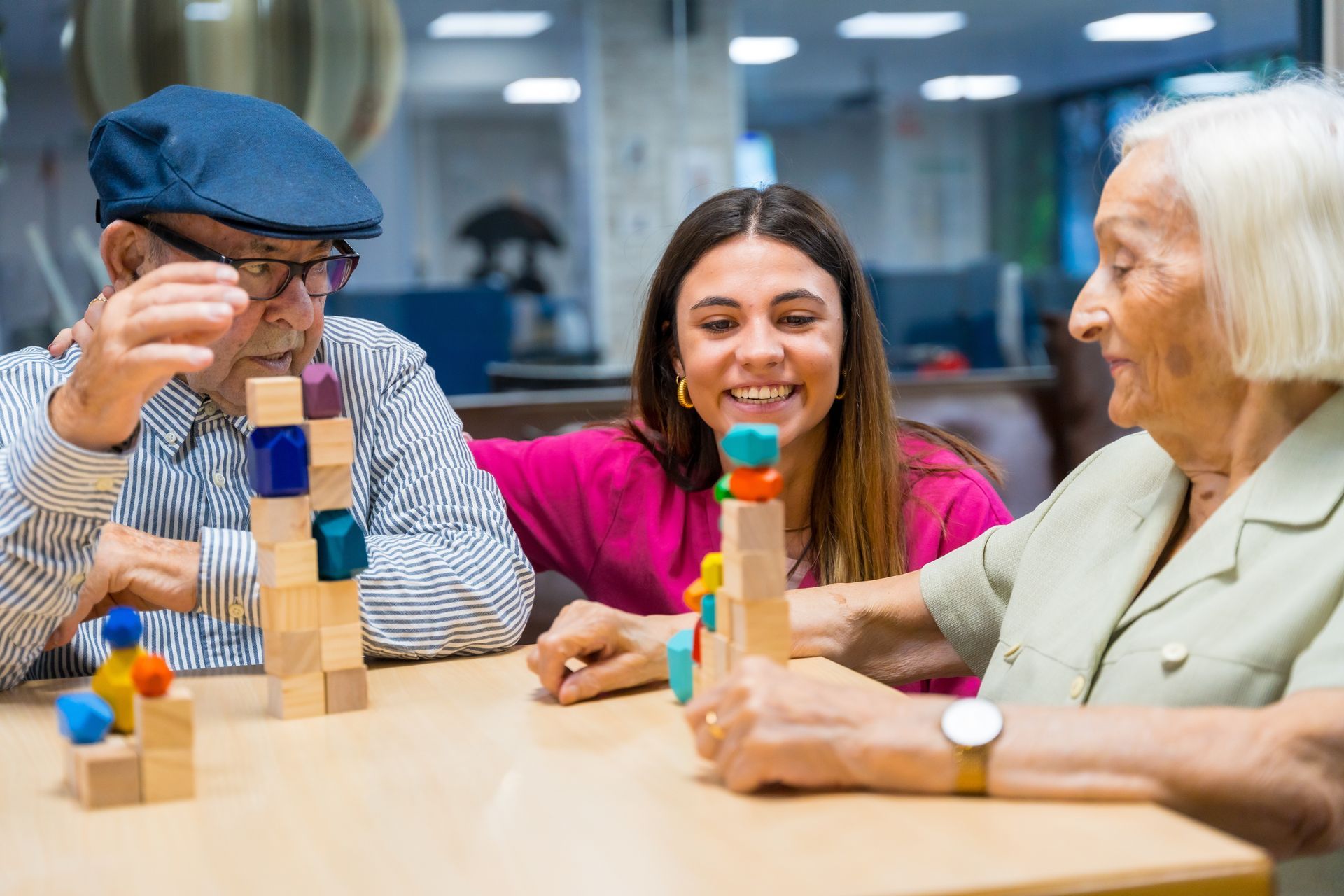BLOG
The Dangers of Isolation on Mental Health for Brain Injury Patients
Isolation poses a significant threat to the mental well-being of individuals undergoing brain injury rehabilitation. Many brain injury patients experience social isolation, leading to profound implications for their mental health. In this article, we will look at the dangers of isolation in the context of brain injury recovery, exploring its adverse effects and strategies to mitigate its impact on mental resilience. Join us as we uncover the hidden risks of isolation and navigate the path towards holistic recovery for brain injury patients.
Understanding the Dangers of Isolation For Mental Well-being in Brain Injury Rehabilitation
Isolation exerts a profound impact on the mental well-being of individuals undergoing brain injury rehabilitation, presenting specific challenges and risks that warrant attention:

- Emotional Distress: The absence of social interaction can lead to heightened emotional distress, exacerbating feelings of loneliness and depression among brain injury patients.
- Cognitive Function: Isolation may impede cognitive function, hindering opportunities for mental stimulation and engagement, which are crucial for the recovery process.
- Behavioral Changes: Prolonged isolation can contribute to the development of negative behavioral patterns, potentially impeding progress in rehabilitation efforts.
- Quality of Life: The overall quality of life for brain injury patients may be compromised due to the detrimental effects of isolation on mental well-being.
These specific impacts underscore the critical need to address and mitigate the adverse effects of isolation on the mental resilience of individuals undergoing brain injury rehabilitation. By understanding these challenges, caregivers and healthcare professionals can implement targeted interventions to support the mental well-being of patients in their care.
Exploring Strategies to Mitigate Isolation's Adverse Effects in Brain Injury Care
In addressing the dangers of isolation on the mental health of brain injury patients, evidence-based strategies and interventions play a pivotal role in promoting positive outcomes:
- Social Integration Programs: Implementing structured social integration programs within rehabilitation settings can facilitate meaningful interactions and foster a sense of community among patients.
- Technology-Based Solutions: Leveraging technology, such as virtual support groups and telehealth services, can bridge the gap created by physical isolation, providing avenues for connection and support.
- Family and Caregiver Involvement: Encouraging active involvement of family members and caregivers in the rehabilitation process can mitigate the impact of isolation by providing consistent emotional support and companionship.
- Therapeutic Activities: Incorporating therapeutic activities, such as art therapy, music therapy, and group exercises, can offer opportunities for social engagement and emotional expression, countering the effects of isolation.
By exploring and implementing these industry-specific approaches and best practices, healthcare providers and caregivers can effectively address and prevent the negative impact of isolation on the mental well-being of brain injury patients, fostering a supportive environment conducive to holistic recovery.
The Role of Social Engagement in Enhancing Mental Resilience for Brain Injury Patients
Social engagement and community involvement play a pivotal role in enhancing the mental resilience of brain injury patients, offering a range of positive effects on their well-being:

- Emotional Support: Meaningful social interactions provide emotional support, reducing feelings of loneliness and fostering a sense of belonging and connection.
- Cognitive Stimulation: Engaging in conversations and activities with others can stimulate cognitive function, contributing to mental acuity and overall well-being.
- Sense of Purpose: Participation in social engagements and community activities can instill a sense of purpose and belonging, promoting a positive outlook and mental resilience.
- Peer Understanding: Interacting with individuals who share similar experiences can provide a unique form of understanding and empathy, contributing to psychological well-being.
By recognizing the significance of social engagement and meaningful connections, caregivers and healthcare professionals can create environments that prioritize community involvement, thereby bolstering the mental resilience of brain injury patients and supporting their journey towards recovery.
Navigating the Path Towards Holistic Recovery: Integrating Mental Health Support in Brain Injury Care
Integrating mental health support within the comprehensive care framework for brain injury patients is paramount for optimizing outcomes and fostering holistic recovery. Key considerations in this integration include:
- Comprehensive Assessment: Conducting thorough mental health assessments alongside physical evaluations to identify and address the psychological impact of brain injuries.
- Tailored Interventions: Developing personalized interventions that encompass both physical and mental health aspects, ensuring a holistic approach to recovery.
- Collaborative Care: Fostering collaboration between healthcare professionals, including neurologists, psychiatrists, and rehabilitation specialists, to provide integrated care addressing both physical and mental well-being.
- Long-Term Support: Establishing long-term mental health support systems to address the evolving needs of brain injury patients throughout their recovery journey.
By recognizing the significance of mental health care in the context of brain injury rehabilitation, healthcare providers can pave the way for comprehensive, patient-centered care that optimizes outcomes and promotes holistic recovery for individuals affected by brain injuries.
The dangers of isolation on the mental well-being of brain injury patients is profound, emphasizing the critical need for targeted interventions and comprehensive support systems. By understanding the specific challenges posed by isolation and exploring evidence-based strategies to mitigate its adverse effects, healthcare providers can create environments that prioritize social engagement and mental health care, ultimately fostering holistic recovery for individuals affected by brain injuries. It is imperative to recognize the significance of integrating mental health support within the care framework, ensuring that both physical and psychological aspects are addressed to optimize outcomes and promote resilience in brain injury rehabilitation.
For more information on specialized memory care and assisted living services tailored to individuals with Alzheimer's disease, other types of dementia, and traumatic brain injuries, we encourage you to visit Assured Senior Living and discover their commitment to redefining memory care through compassionate and purposeful support.
Individualized, positive brain injury care in a home setting. Contact us today, or download our free Family Decision Toolkit guide for more information.
Sources
Headway - The Brain Injury Association - The impact of social isolation
PubMed - Social isolation after acquired brain injury: Exploring the relationship between network size, functional support, loneliness and mental health - 2022 Oct;32(9):2294-2318. Neuropsychol Rehabilitation doi: 10.1080/09602011.2021.1939062. Epub 2021 Jun 17.















